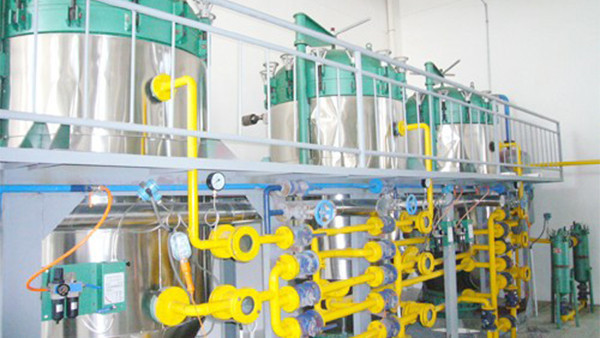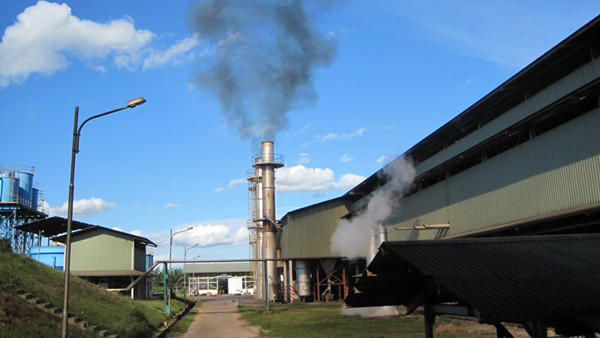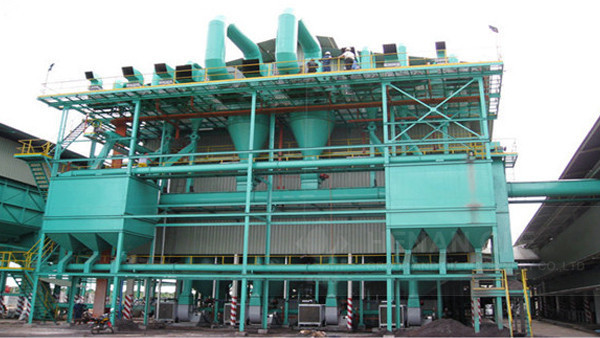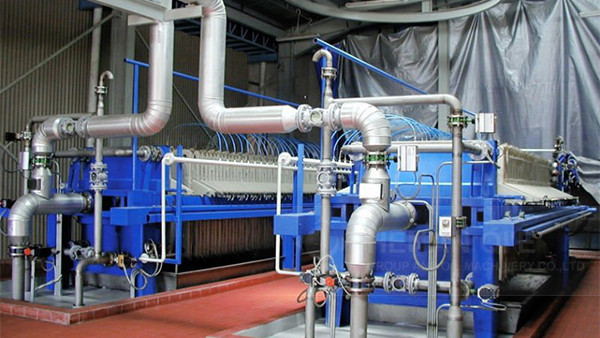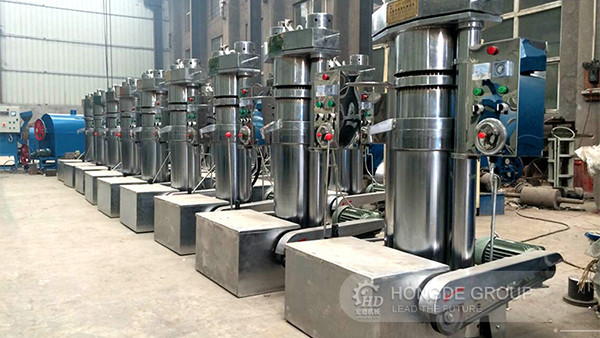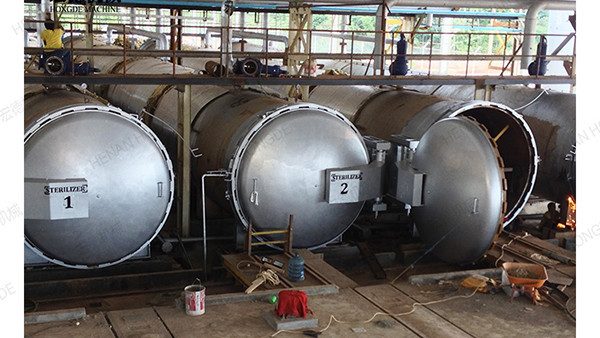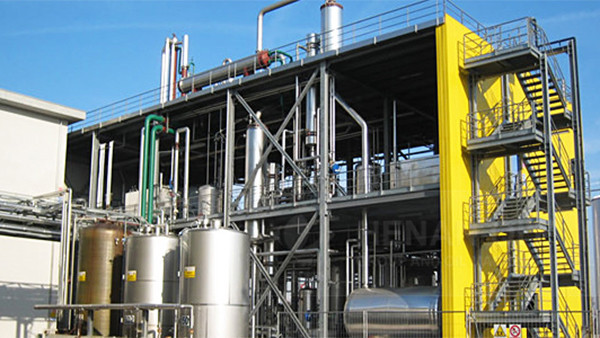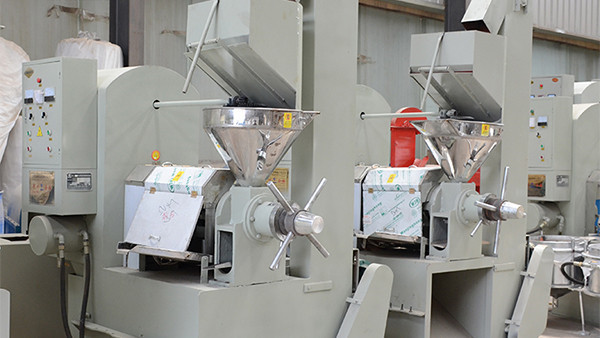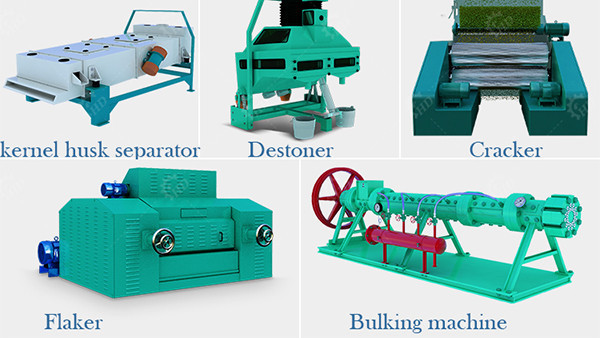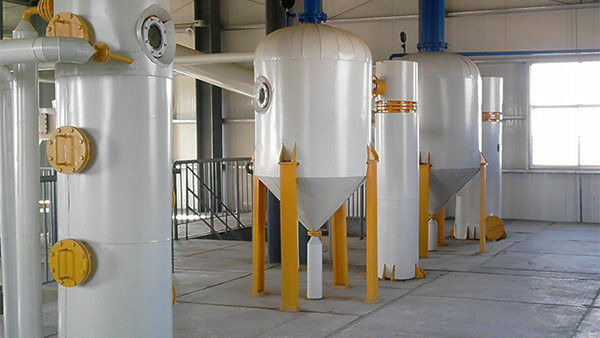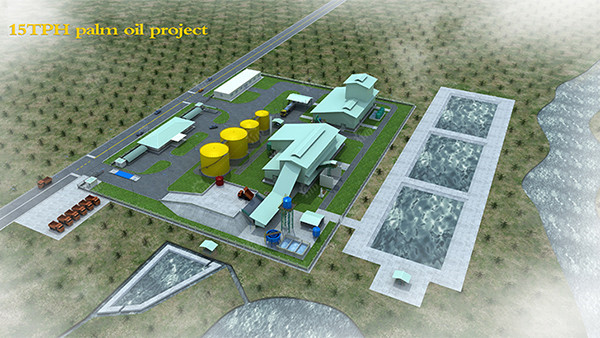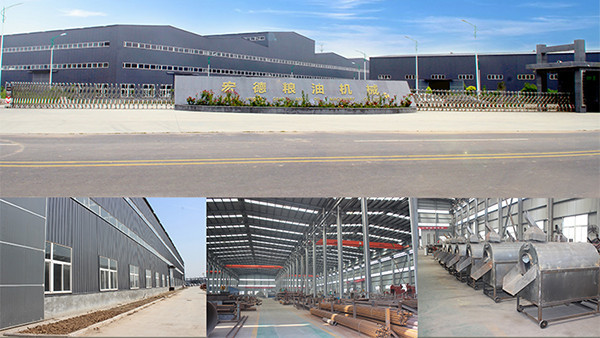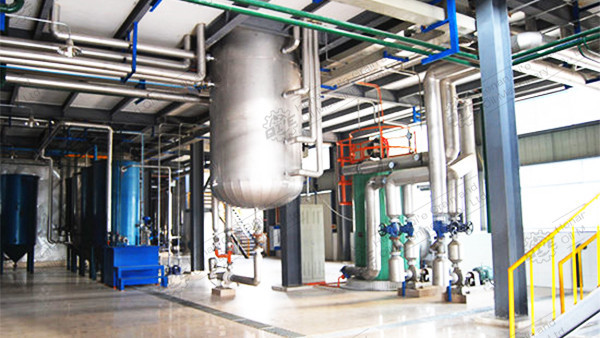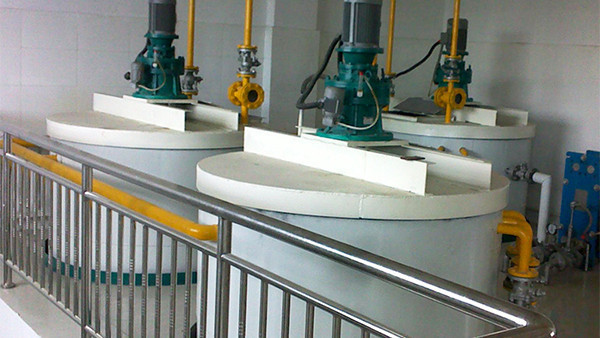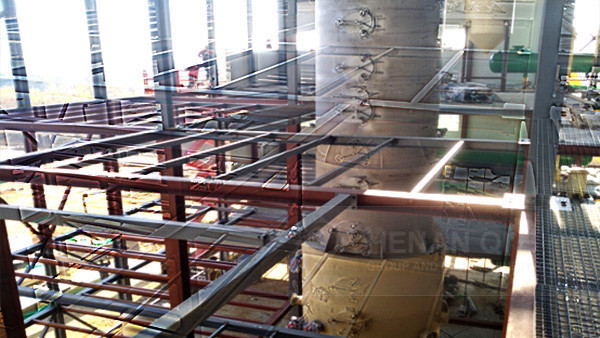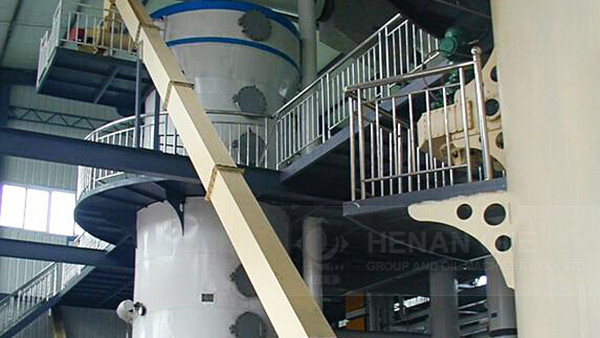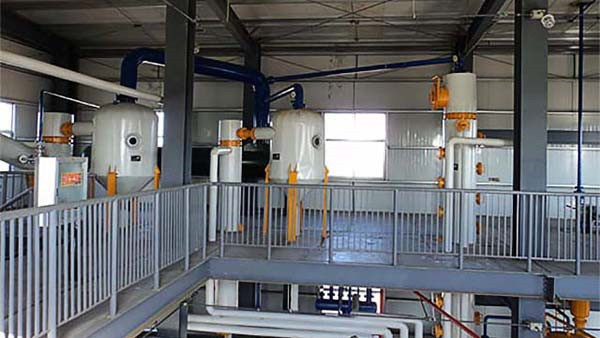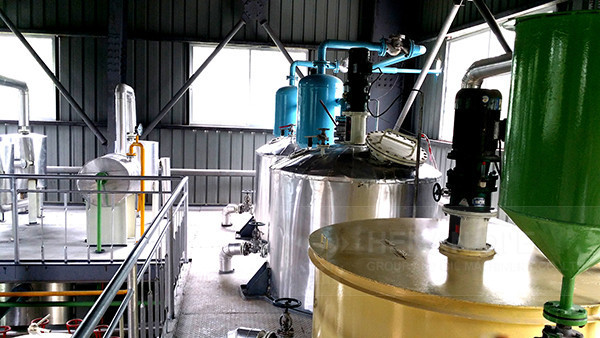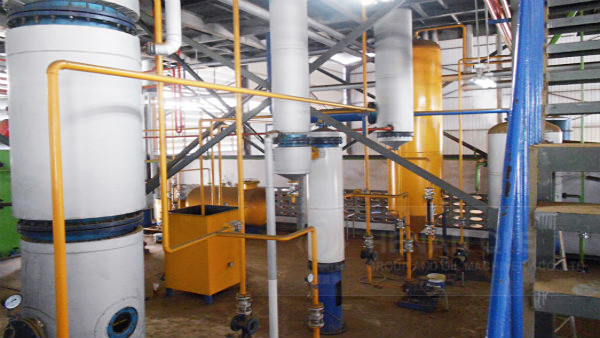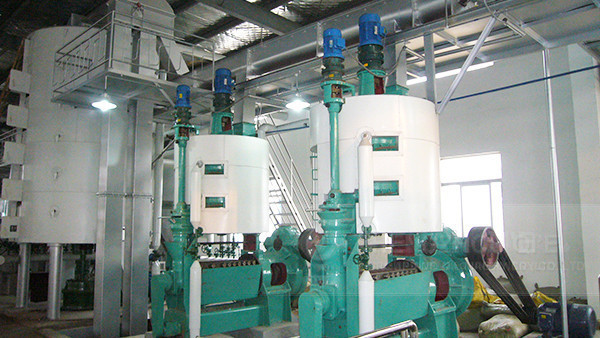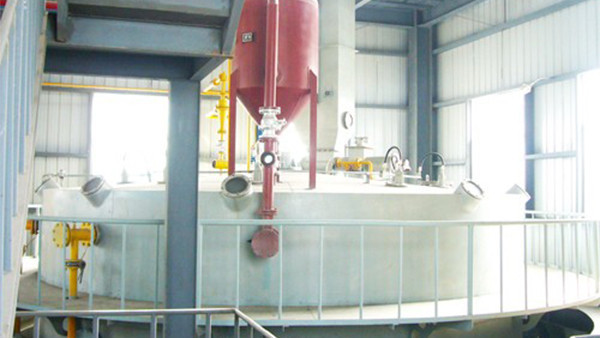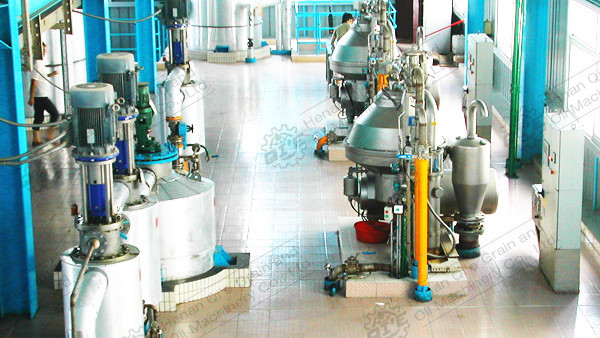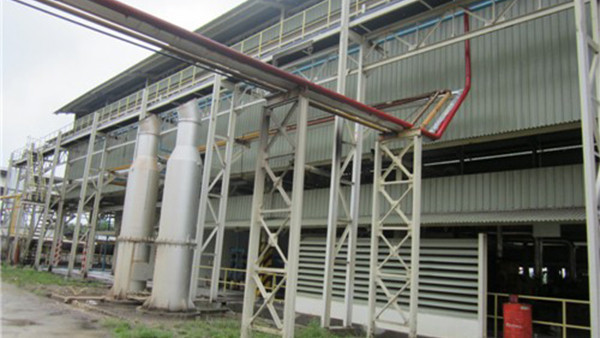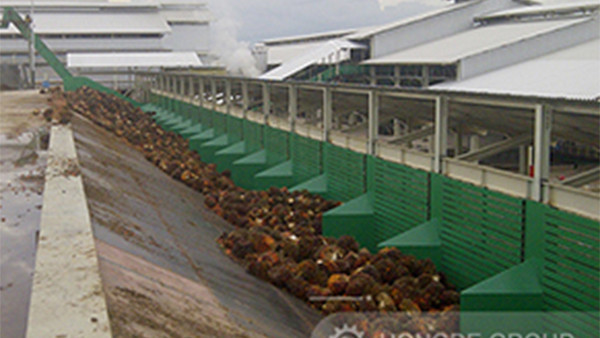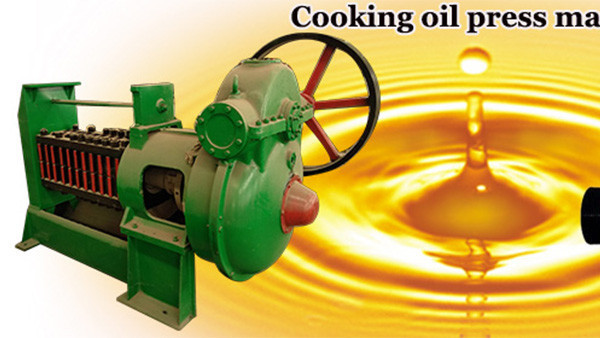
Nanostructure-Based Oil-Water Separation: Mechanism and Status
Flexible and effective methods for oil-water separation are crucial for reducing pollutant emissions and safeguarding water and fuel resources. In recent years, there has been growing interest in fundamental research and engineering applications related to water and fuel purification, especially oil-water separation. To date, filter materials with special wetting characteristics have been
Get Inquiry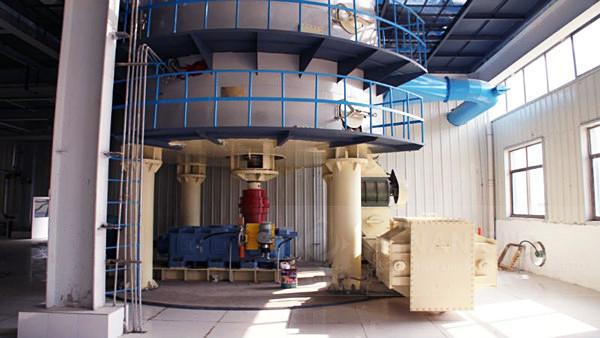
Innovative Design and Study of an Oil-water Coupling Separation
In recent years, the separation of hydrocyclones coupled with multiphase or multifield has emerged as a leading trend in oilfield-produced fluid pre-separation technology.
Get Inquiry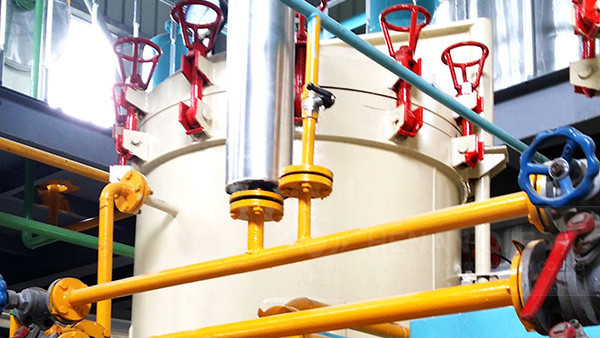
Oil-water pre-separation with a novel axial hydrocyclone
A novel hydrocyclone with guide vanes, named as axial hydrocyclone (AHC), is designed to tackle the problem of oil-water separation faced by most mature oilfields. Optimal design of the AHC is carried out by using numerical methods. The effects of guide vanes, cone angle, tapered angle and overflow pipe on the oil-water separation are
Get Inquiry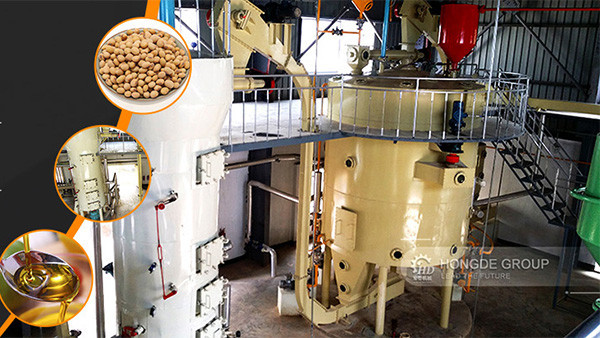
(PDF) Applying CFD in the Analysis of Heavy Oil/Water Separation
The purpose of this work is to study the oil-water separation process in a hydrocyclone by Computational Fluid Dynamics (CFD). Results of the pressure, velocity and volume fraction fields inside
Get Inquiry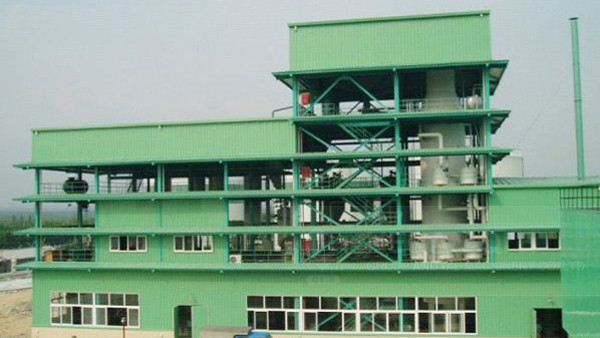
Oil-Water Separation in Liquid-Liquid Hydrocyclones ...
The gravity separator (Denney, 2004; Joe, 1982; Kenawy et al., 1997; Lockwood and Norris, 1972) uses the gravity difference caused by density difference between oil and water to separate, which
Get Inquiry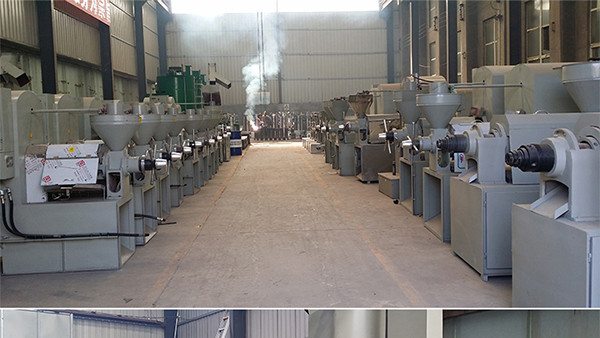
Numerical and experimental study on enhanced oil-water separation
In recent years, the separation of hydrocyclones coupled with multiphase or multifield has emerged as a leading trend in oilfield-produced fluid pre-separation technology.
Get Inquiry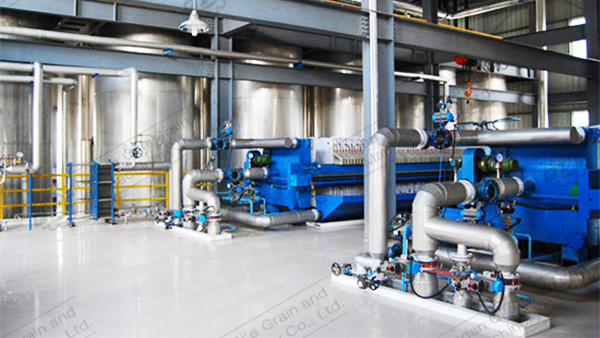
Oil/water separation techniques: a review of recent progresses and
Therefore, the development of functional materials for efficient treatment of oil-polluted water is imperative. In this feature article, we have reviewed the recent progress of oil/water separation technologies based on filtration and absorption methods using various materials that possess surface superwetting properties.
Get Inquiry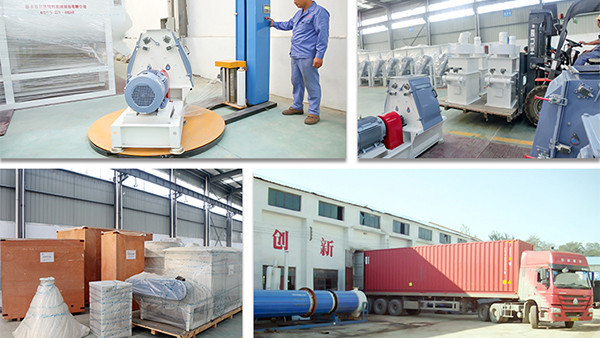
Special Issue : Advanced Oil-Water Separation Technology
How to achieve efficient separation of oil-water mixtures has become an urgent global issue. This Special Issue aims to highlight the progress made in the devleopment of oil-water separation technology. We welcome contributions (original research papers and review articles) that report on advanced technology, new materials, new methods, and
Get Inquiry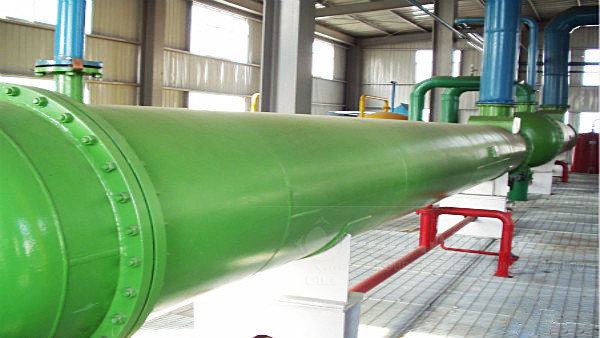
Development of a novel high-efficiency dynamic hydrocyclone for oil
A dynamic hydrocyclone (DH) is a high-efficiency separator, but the oil core dispersion phenomenon was observed when the split ratio was small in the experiment. The separated oil mixed with water again and the separation failed in that case. To overcome these deficiencies and improve the performance, a novel reverse-flow DH (RDH) was designed
Get Inquiry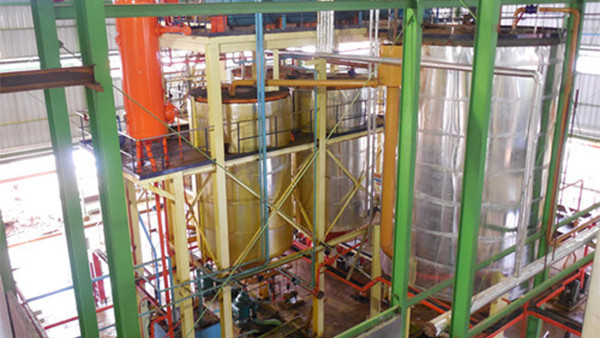
P-KLONE? Hydrocyclone Oil-Water Separation - Jalinan Enigma
It is a well-proven method for taking water from the production separator with oil concentrations up to 5% and readying it for secondary treatments such as induced gas flotation or filtration. The hydrocyclone can be designed to handle any flow volumes and output pressures you require. P-Klone is small, lightweight and insensitive to
Get Inquiry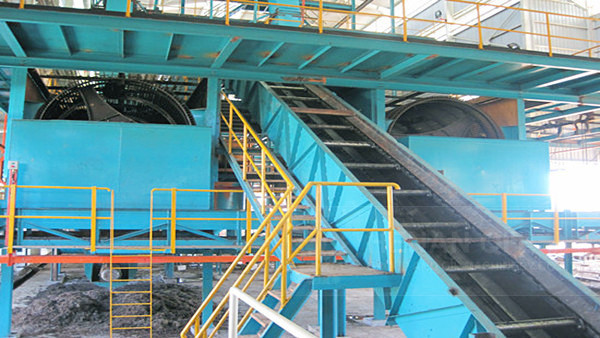
VORTOIL Deoiling Hydrocyclone - SLB
VORTOIL deoiling hydrocyclones incorporate more than 35 years of continuous development and operational experience, resulting in a highly efficient, compact, and inexpensive method of removing oil from large volumes of produced water. They remove the bulk of the free oil content (typically everything with a particle size greater than 10 to 20
Get Inquiry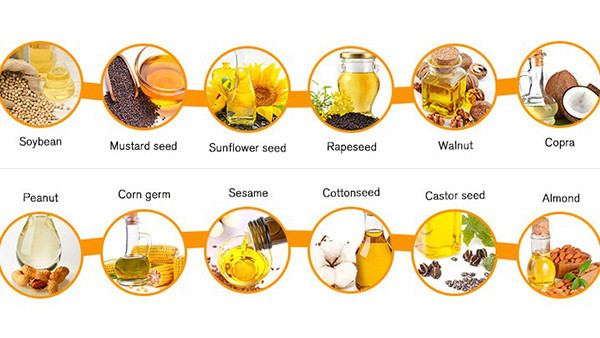
Hydrocylone for oil-water separations with high oil content
The development of this geometry for oil-water separation led to a configuration based on two opposed inlets and two conic sections to increase separation efficiency. Fig. 1 shows a sketch of a hydrocyclone for oil-water separation, with its main geometrical characteristics indicated. Download : Download high-res image (80KB)
Get Inquiry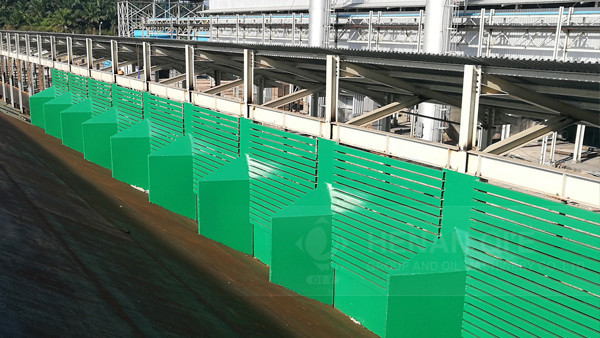
Numerical and experimental study on enhanced oil-water
In this paper, we explore a novel separation approach: hydrocyclone separation coupled with particles to enhance oil-water separation, based on the composite force field. The computational fluid dynamics-discrete element method is utilized to analyze the dynamic behavior of particles and oil droplets within the coupling field, as well as the
Get Inquiry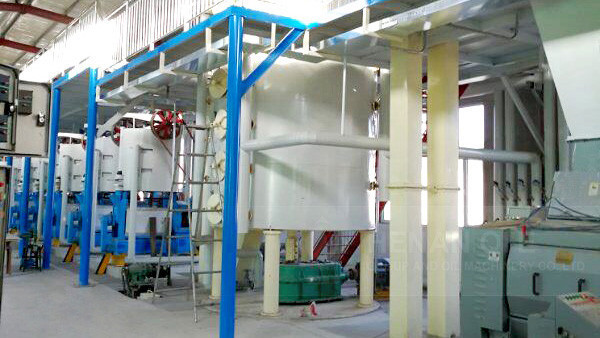
Oil-water pre-separation with a novel axial hydrocyclone
A novel hydrocyclone with guide vanes, named as axial hydrocyclone (AHC), is designed to tackle the problem of oil-water separation faced by most mature oilfields. Optimal design of the AHC is carried out by using numerical methods. The effects of guide vanes, cone angle, tapered angle and overflow pipe on the oil-water separation are
Get Inquiry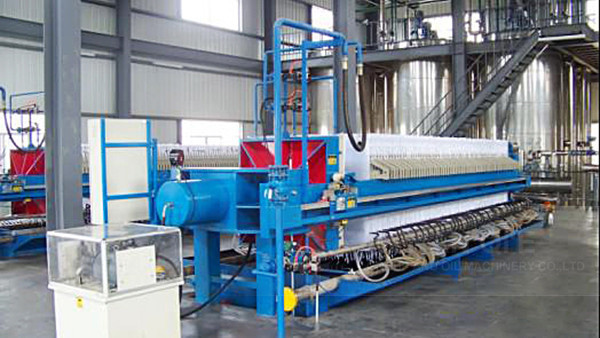
Structure Optimization and Performance Evaluation of Downhole
Abstract. Based on the principle of cyclone separation and 3D printing technology, a novel variable pitch hydrocyclone structure was proposed for the axial flow hydrocyclone separators of oil wells. The structural parameters of this variable pitch hydrocyclone were optimized via a combined approach of the Plackett-Burman design, response surface design, and computational fluid dynamics. A
Get Inquiry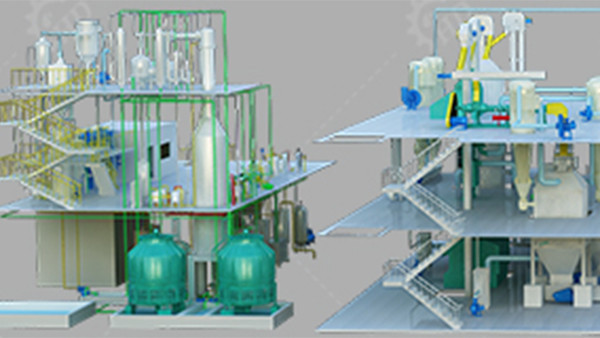
Membrane-based downhole oil-water separation (DOWS
Produced water handling has become one of the central concerns for the oil and gas industry today. Produce water (water cut) increases as the field grows old, which brings the additional handling cost to the project. The additional expense could be in terms of lifting cost, treatment, maintenance, tubular scaling, corrosion problems, bacteria, naturally occurring radioactive material and
Get Inquiry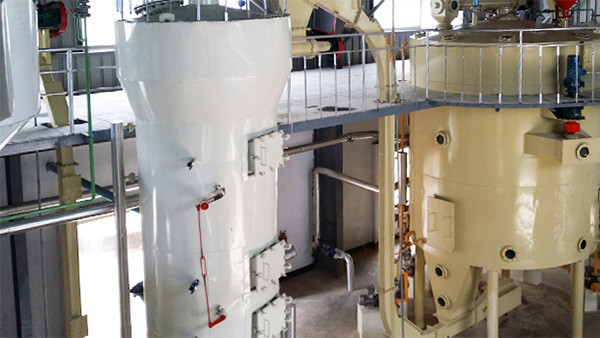
Innovative design and study of an oil-water coupling
Traditional oil-water separation hydrocyclone mainly uses different centrifugal force between oil and water to achieve rapid separation. However, with gradual expansion of oilfield polymer flooding, ASP (alkali-surfactant-polymer) flooding, and other oil displacement technologies, viscosity of produced fluid is increasing, and emulsification is serious, then the efficiency of separation is
Get Inquiry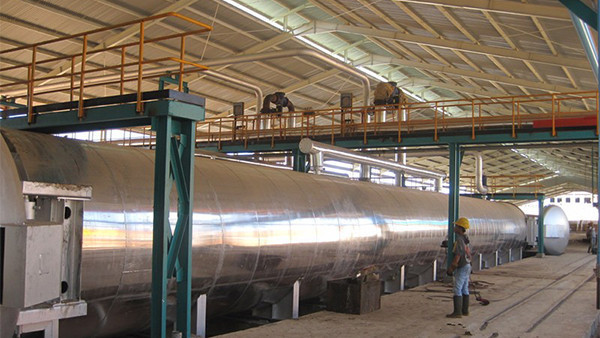
LIQUID HYDROCYCLONE SEPARATION SYSTEMS - Springer
Hydrocyclone has become widely accepted in the oil and gas industry, with treating capacity of nearly 8 MM barrels of water per day sold to date. This success is largely due to the ability of this technology to consistently meet environmental discharge standards while offering significant
Get Inquiry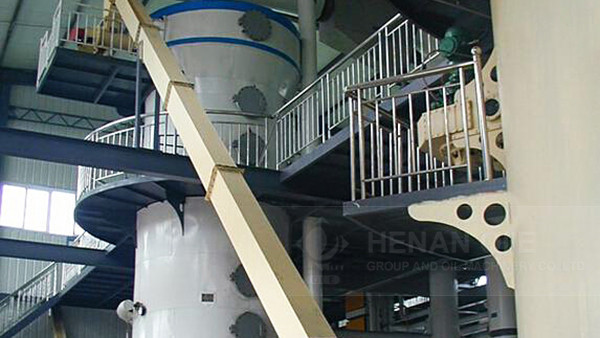
Application of New Downhole Oil-Water Separation in the Same
The downhole oil-water separation in the same well injection-production process uses hydrocyclone to separate oil and water in the wellbore by cyclone separation technology, and lifts the high-oil-bearing produced fluid to the surface through the production pump.
Get Inquiry
